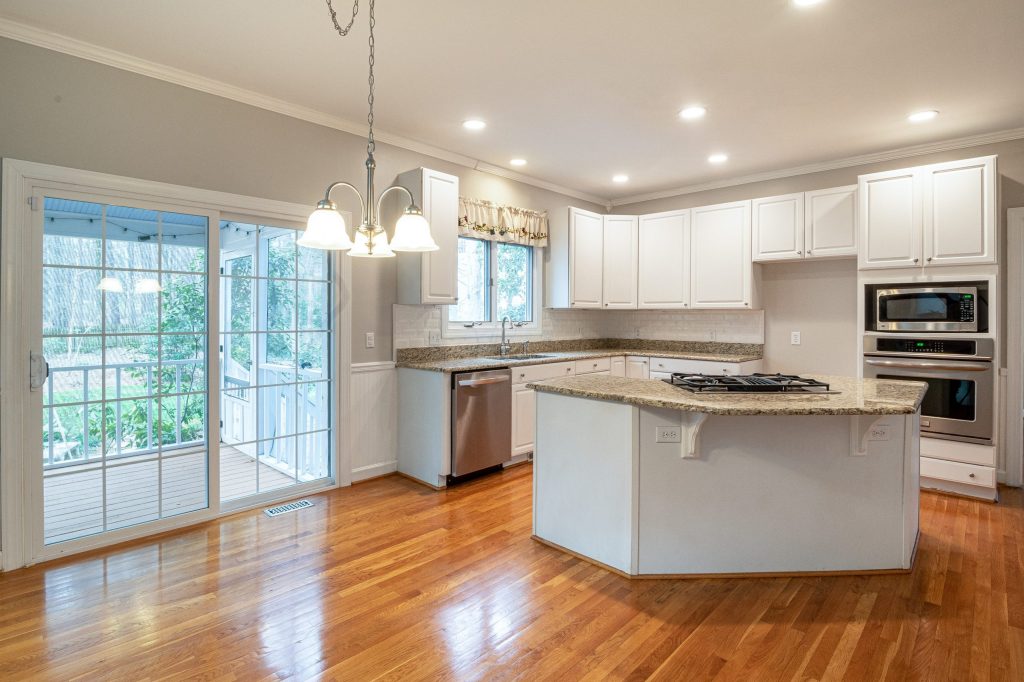- Contact Us Now: (615) 490-6020 Tap Here to Call Us
Joint Land Ownership in Tennessee

Does Each Co-Tenant Have the Right to Use 100% of Joint Property?
In Tennessee, 95.2% of the land is privately owned.[i] In many cases, private land is concurrently owned by two or more individuals as tenants in common. Although each co-tenant in a tenancy in common holds an undivided interest in the property and retains the right to use and enjoy the property in its entirety, the co-tenants do not necessarily hold equal interests in the total value of the property. For example, one co-tenant may hold a 60% share of the property’s interest while two other co-tenants hold a 20% share; despite this, each tenant has the right to use 100% of the property.
What Is a Recurring Legal Issue That Impacts Tenancies In Common?
Notwithstanding the benefits of holding property as a tenant in common, concurrent ownership of this nature is often fraught with conflict and problems. A recurring issue that impacts tenancies in common occurs when a co-tenant seeks to extinguish their interest in the property. Once a property owner decides that they want to sell their portion of the land it is up for the parties to agree upon the details of this transaction. If the parties are unable to agree, then either party can file a lawsuit seeking a partition of the property.
What Is a Partition of Joint Property?
A partition is the court ordered sale or physical division of property that is owned by more than one person as tenants in common or within a joint tenancy. Pursuant to Tennessee law, every co-tenant retains an absolute right to partition real estate he or she holds in common with others. [ii]
What Is an “In Kind” Partition of Property According to Tennessee Law?
Tennessee courts prefer to order an “in kind” partition; this type of partition seeks to divide the property fairly and equitably amongst the tenants. However, partitions in kind are rare and difficult to achieve as they require property to be equitably divided.
Can I Ask a Court to Sell the Property Even If I Don’t Own 100% ?
Yes, it is more common for a partition to occur by sale, a partition by sale is warranted and the entire property will be sold, and the proceeds will be distributed to the tenants in accordance with the interest they hold. The party seeking partition by sale has the burden to prove, by clear and convincing evidence, either (1) that the property has certain characteristics which make it difficult to physically divide in an equitable manner; or (2) that selling the property, as opposed to partitioning it, would be economically advantageous to the parties.[iii] If the party requesting partition by sale fails to carry its burden, partition in kind must be ordered.[iv],[v]
An Overview Of Tennessee Caselaw
An overview of Tennessee caselaw reveals that requesting parties are often successful in meeting the burden of proof to warrant a partition by sale. As the following cases illustrate, there are a variety of conditions that lead the court to order a partition by sale despite the demands of one of more tenants to partition the property in kind.
In Nicely v. Nicely, two tracts of land totaling 68 acres were ordered to be partitioned by sale.[vi] The court determined partition in kind would depreciate the value of the property and was therefore unwarranted. The court highlighted that the “advantage” language within the statutes refers solely to financial advantage, and if selling the property as a single unit result in a financial gain for all parties then partition by sale must be granted. [vii]
In McKenzie Banking Co. v. Couch, the property at issue was a single medical office building that was originally a single unit but had since been divided into two units.[viii] The court held that partition by sale was warranted because the property could not reasonably be partitioned in kind and would be devalued if it were. In making this ruling the court highlighted the following facts: (1) since the building had been assessed as a single unit, property taxes and insurance could not be paid for each half separately; and (2) dividing the property would leave one half without access to a public thoroughfare.[ix]
In Hale v. Hale, the land at issue consisted of two tracts of rural property in Van Buren County that spawned 74 acres. [x] Despite two co-tenant’s pleas to partition the property in kind, the court ruled that partition by sale was warranted because “the property could not be reasonably divided between the parties without substantially lowering its value and creating parcels that are not substantially equal for the use of the parties”. [xi] In making this ruling, the court focused on the topography of the land, the minimal road frontage, and the disparate sizes of the parcels when divided by value. [xii]
Can Joint Owners Reach an Out of Court Settlement While Partition by Sale Lawsuit Is Pending?
Yes. Just because a party files a lawsuit seeking a partition by sale does not mean they cannot reach an agreement while the lawsuit is pending. Oftentimes, parties are able to resolve a partition case when one party agrees to buy out the other party’s interest in the property. Once the parties can agree upon a reasonable price, a party receives compensation in exchange for signing over their interest in the property to the remaining tenant. As a result, one party maintains ownership of the property and the other party receives compensation.
If you have questions about land ownership or specifically partition rights in Tennessee, we can help. Just give Cole Law Group a call at 615-490-6020.
____________________
[i] https://fas.org/sgp/crs/misc/R42346.pdf
[ii] Tenn. Code Ann. § 29-27-101.
[iii] Tenn. Code Ann. § 29-27-201.
[iv] Crawford v. Crawford, 2002 WL 31528504 (TN. Ct. App. 2014)
[v] § 29-27-104. Children and minors; interests; partial partition
[vi] Nicely v. Nicely, 293 S.W.2d 30 (Tenn. Ct. App. 1956)
[vii] Id at 33
[viii] McKenzie Banking Co. v. Couch, 332 S.W.3d 349, 350 (Tenn. Ct. App. 2010)
[ix] Id at 351
[x] Hale v. Hale, 2011 WL 773440, at *2 (Tenn. Ct. App. Mar. 4, 2011)
[xi] Id
[xii] Id at *3















